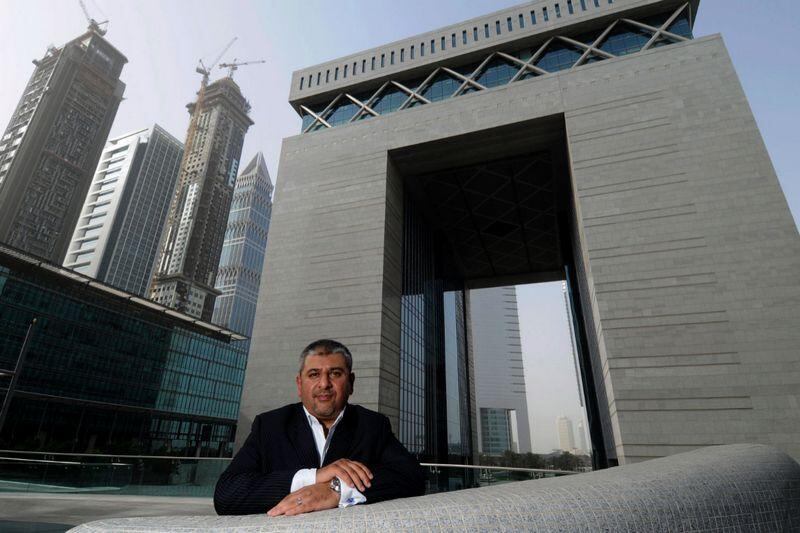Although hiring in the finance sector remains depressed across the region, Yasaar Human Capital, formed last month, believes Islamic finance will survive and even prosper in the downturn. Yasaar, the recruitment company based in Dubai, will focus on improving the quality of executive talent among Islamic financial institutions such as banks and brokerages, says Fuwad Beg, the managing director. "Clearly there is a war for talent and the future of the industry depends upon the successful attraction, recruitment and retention of knowledgeable and experienced human capital," Mr Beg says. "We are slowly but surely seeing an unfreezing of hiring budgets and so, although our business has slowed, it is now getting back on track." Hirings will probably resume in the fourth quarter after Ramadan, Mr Beg says. There is little doubt that the economic downturn dampened the recruitment market in the first half of the year. GulfTalent.com, an online recruitment portal, reports that web searches by employers for the curriculum vitae of investment professionals fell 48 per cent in the first half compared with the same period last year, while demand for administrators and marketing professionals fell 47 per cent and 46 per cent respectively. GulfTalent says the downturn has pushed potential employers to "more discreet and confidential recruitment methods and a shift to lower-cost recruitment channels". A recent survey commissioned by The National found one in every 10 residents had lost their job in the past six months. More than half of the newly unemployed said they would stay in the UAE to look for another job. Mr Beg says the Islamic finance sector has suffered a downturn but "certainly not to the extent to which the conventional industry was affected". Islamic finance, which is small but growing, is comprised of firms as diverse as insurance companies, banks, brokerages and consultancies. Each has created new demand for executives and experts familiar with Sharia-compliant transactions. By 2020, the industry will need almost two million people, compared with 92,000 in 2007, according to estimates by the Islamic University of Malaysia. But even as demand has increased, relatively few firms have tried to play the role of matchmaker between that demand and the available pool of talent, Mr Beg says. "The Islamic finance sector has been growing considerably over the last 10 years but with that growth there has been a lack of focus on the development and management of talent within the industry," he says. Mr Beg says his new firm will draw off the contacts of its parent company, Yasaar Limited, a London-based Sharia consultancy, to find executives with sector-specific skills. Many chief executives in the industry have a background in conventional finance and are often from the UK and Europe, he says. But the industry also relies on a number of lawyers, product developers, scholars and structurers - the people who help write the contracts and investment vehicles to support an Islamic financial firm - who have advanced knowledge of Sharia law and skills "that can take years of learning and understanding". Demand for such talent is still concentrated in the Middle East and Malaysia, the industry's mature markets, Mr Beg says, but Yasaar sees potential for growth in other parts of Asia and Europe. Firms are prepared to offer generous salaries to bring new talent into the industry, he says. And since positions are often in Middle-Eastern countries, they generally carry the added bonus of being untaxed. "The Islamic finance industry is no different [from the conventional sector] and the more product knowledge or experience of Sharia-compliant contracts you have will afford you a more competitive remuneration package," he says. Ultimately, what is at stake is the future growth of the Sharia-compliant financial world, Mr Beg says. New blood in Islamic finance "will not only create successful and value-based companies, but be fundamental to the growth and future development of the industry". cstanton@thenational.ae
Filling a hole in Islamic finance
Careers Islamic finance will survive and even prosper in the downturn, says the newly-formed Yasaar Human Capital.

Editor's picks
More from the national




